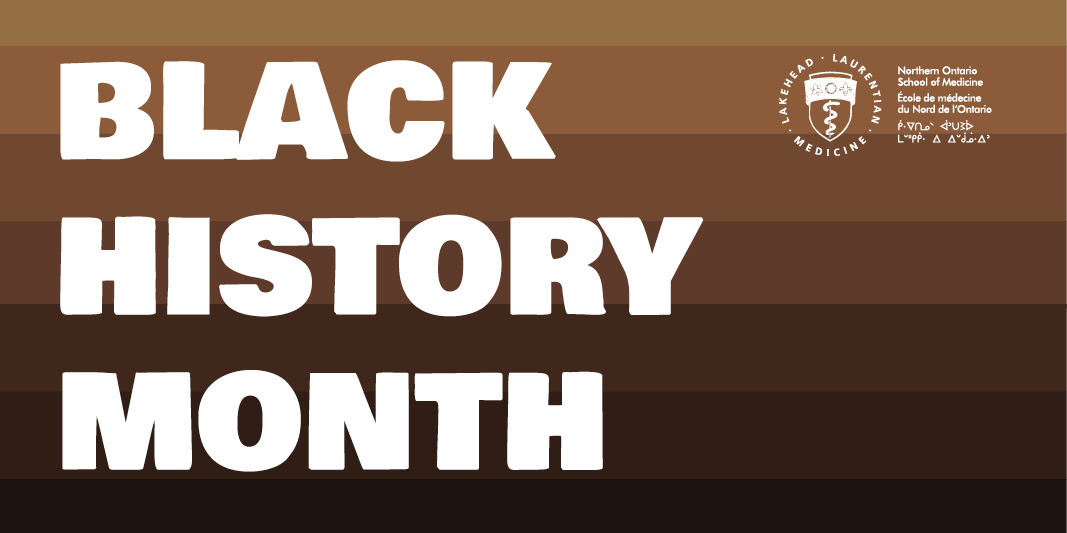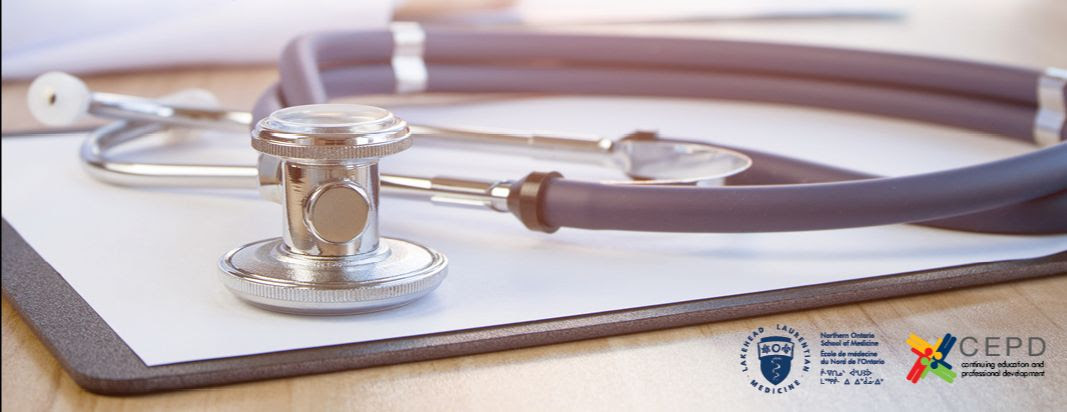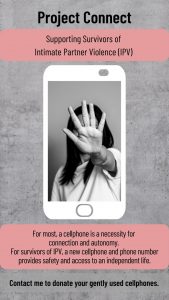As the world faced the unprecedented health crisis of COVID-19, faculty at the Northern Ontario School of Medicine (NOSM) made pivotal changes to its fourth-year MD curriculum. At a time when students were not able to work on the frontlines, NOSM faculty worked quickly to introduce a new curriculum that focused on building advocacy leadership skills that would lead to impactful change.
“The new curriculum provided students with the opportunity to pursue topics that matter to them while having real, positive impacts on patient care and population health in Northern and rural contexts,” says Dr. Erin Cameron, NOSM Assistant Professor. “Much about medicine is learning how to advocate for individual patients or advocating for change at the institutional and community levels.”
The new curriculum was broken into parts: academic sessions related to the pandemic; Research and Advocacy Pandemic (RAP) Rounds, a forum for discussing emerging evidence, clinical practices, and public health strategies around COVID-19; and the Northern and Rural Health Advocacy Projects, where students identified an issue and undertook an advocacy project to address the issue.
“The idea was to learn from and through the pandemic in real-time, with a focus on our Northern Ontario setting,” explains Dr. Cameron. “As a socially accountable medical school, this new addition to the curriculum provides students with more opportunity to be health advocates. It was a team effort and is something we will continue for years to come.”
A recent project with a positive impact is Project Connect. A group of students are collecting gently used cell phones to be repurposed and given to survivors of intimate partner violence.
Rebecca Bourdon is a fourth-year NOSM medical student who is helping spearhead the local #ProjectConnect effort. She says the new curriculum made a lasting impact on her. “As future health-care providers, it is important to remain vigilant in observing, and active in addressing, any gaps in healthcare as they occur, especially those that affect unfairly disadvantaged and vulnerable groups who may be unable to adequately advocate for themselves. The advocacy curriculum allowed us to uncover disparities in public health, particularly those either created or compounded by the pandemic. It gave us the opportunity to leverage our position to support and lobby for ways to address these inequities. This invaluable experience has ingrained in me the importance of being a health-care advocate, a role l will continuously strive to assume as a future physician.”
The goal of the advocacy projects is to complement the existing curriculum of the NOSM MD program, which is a mandatory academic requirement for the Northern and Rural Health course and Social and Population Health course. Other fourth-year medical student projects include new apps, educational infographics for patient education, advocacy letters to Ministers and Members of Parliament and action plans to support mental health.
The pandemic provides a rich teaching and learning environment that is ever evolving,” says Dr. Cameron. “Students received academic credit for undertaking the advocacy activities and making a difference in Northern Ontario.”
–30–
The Northern Ontario School of Medicine (NOSM) is an award-winning socially accountable medical school renowned for its innovative model of distributed, community-engaged education and research. With a focus on diversity, inclusion, and advocacy for health equity, NOSM relies on the commitment and expertise of the peoples and communities of Northern Ontario to educate health-care professionals to practise in Indigenous, Francophone, rural, remote and underserved communities.
For further information, please contact: news@nosm.ca





